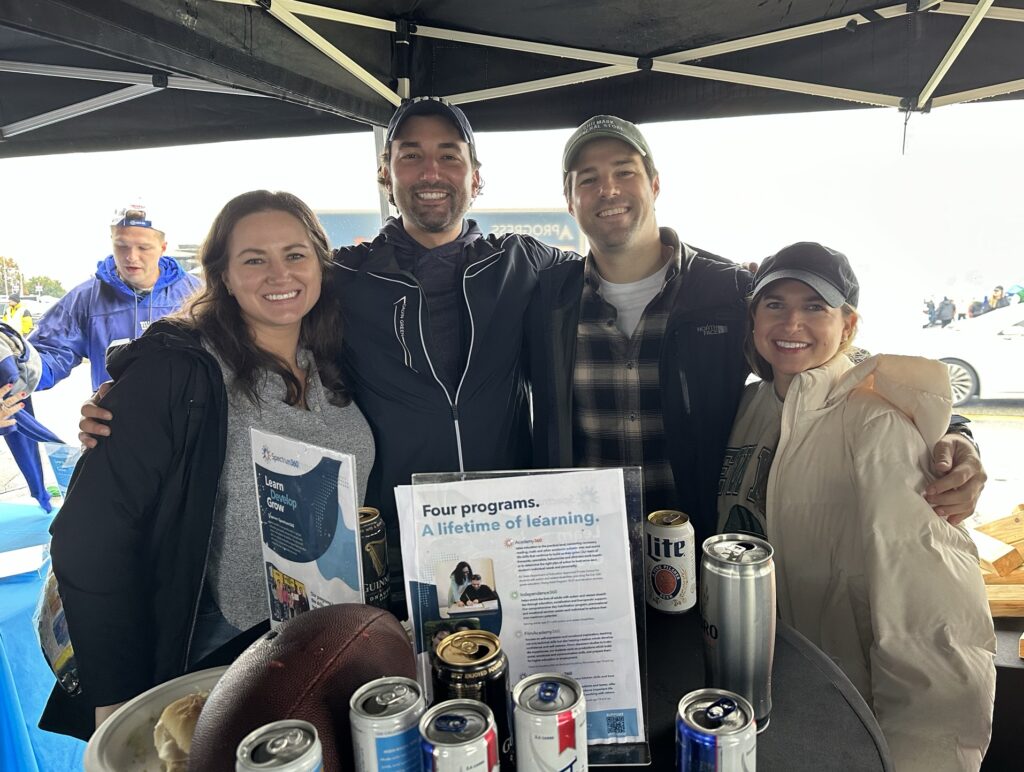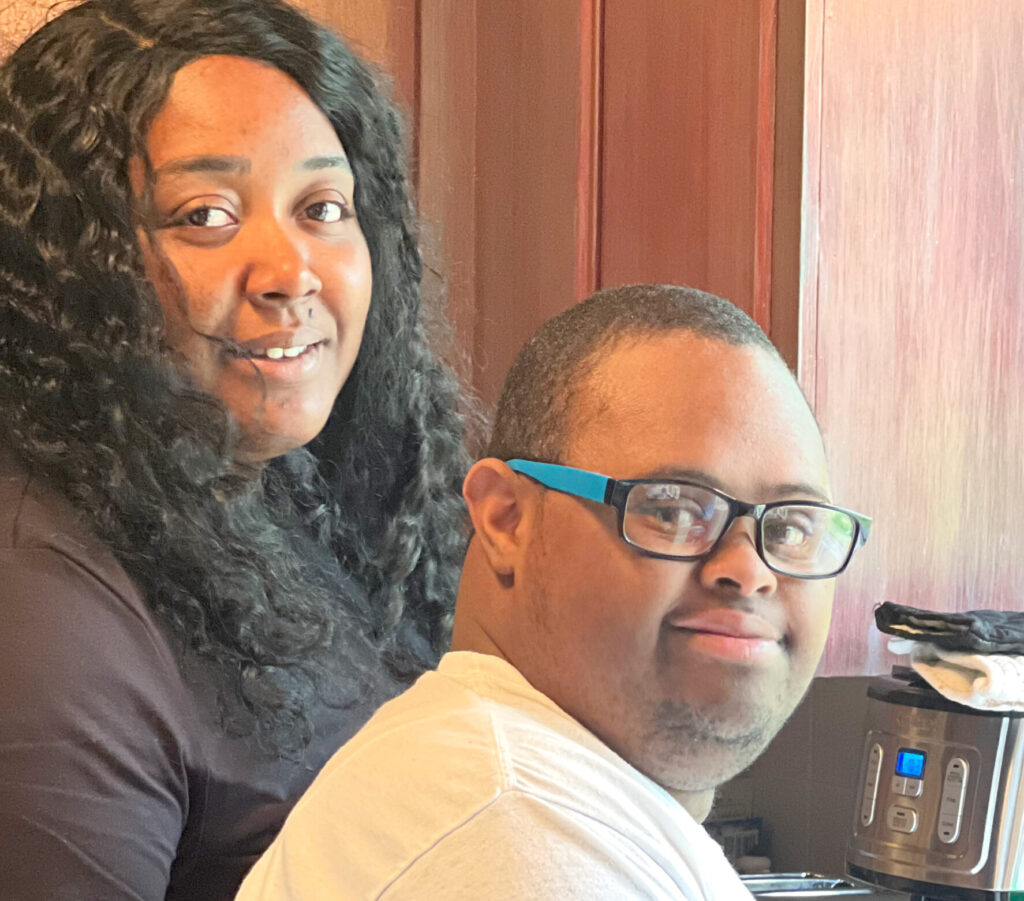For adults on the spectrum, becoming successfully employed is an achievement celebrated by families, staff, employers, and the communities in which they live. Facilitating this step towards full participation in the community is why Career Development Services at Independence360 (I360) is such an important part of Spectrum360.
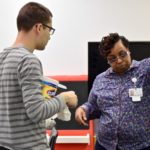
Through a comprehensive intake process, job search and support efforts, I360’s Career Development Services provides opportunities to individuals seeking employment as part of their transition to adult life. As approved vendors for the NJ Division of Vocational Rehabilitation Services (NJDVRS), the NJ Division of Developmental Disability (NJDDD) and Medicaid, the service offers prevocational training, supported employment, and vocational experiences.
Devin Hosbach, I360’s Manager of Career Development Services, and his staff of five job coaches work closely with individuals, guiding them from entry into the program to achieving success in their job placements.
Participants typically come to the vocational services either transitioning from other Spectrum360 programs, or through Service Coordinators contracted through NJDDD, who work with clients and their families to find appropriate placements and opportunities in the community.
To get the ball rolling, Devin meets with clients and their families to discuss goals, capabilities, and aptitudes. For a successful outcome, it’s vital to find job placements that are suited to each client’s abilities and interests. Logistical issues, such as schedule, location, available transportation, etc. also factor into the job search.
Next comes an all-important step: the client is paired with a job coach, who plays a vital role in helping the client find and succeed in employment.
“Our job coaches take clients through the process of figuring out their PINS – Preferences, Needs, Interests, and Skills….who they are as people and as workers.”
In addition to permanent employment, participants in the program can also take part in internships and apprenticeships, as well as volunteer opportunities with I360’s community partners.
“We have partners that we work with,” Devin explains. “But ultimately we look for job opportunities that the client is interested in, that will keep them engaged in the workplace. If we have a connection with Pet Smart and we have an individual who is not into animals, that won’t work. So we build new connections and partnerships that go with that person’s interests.”
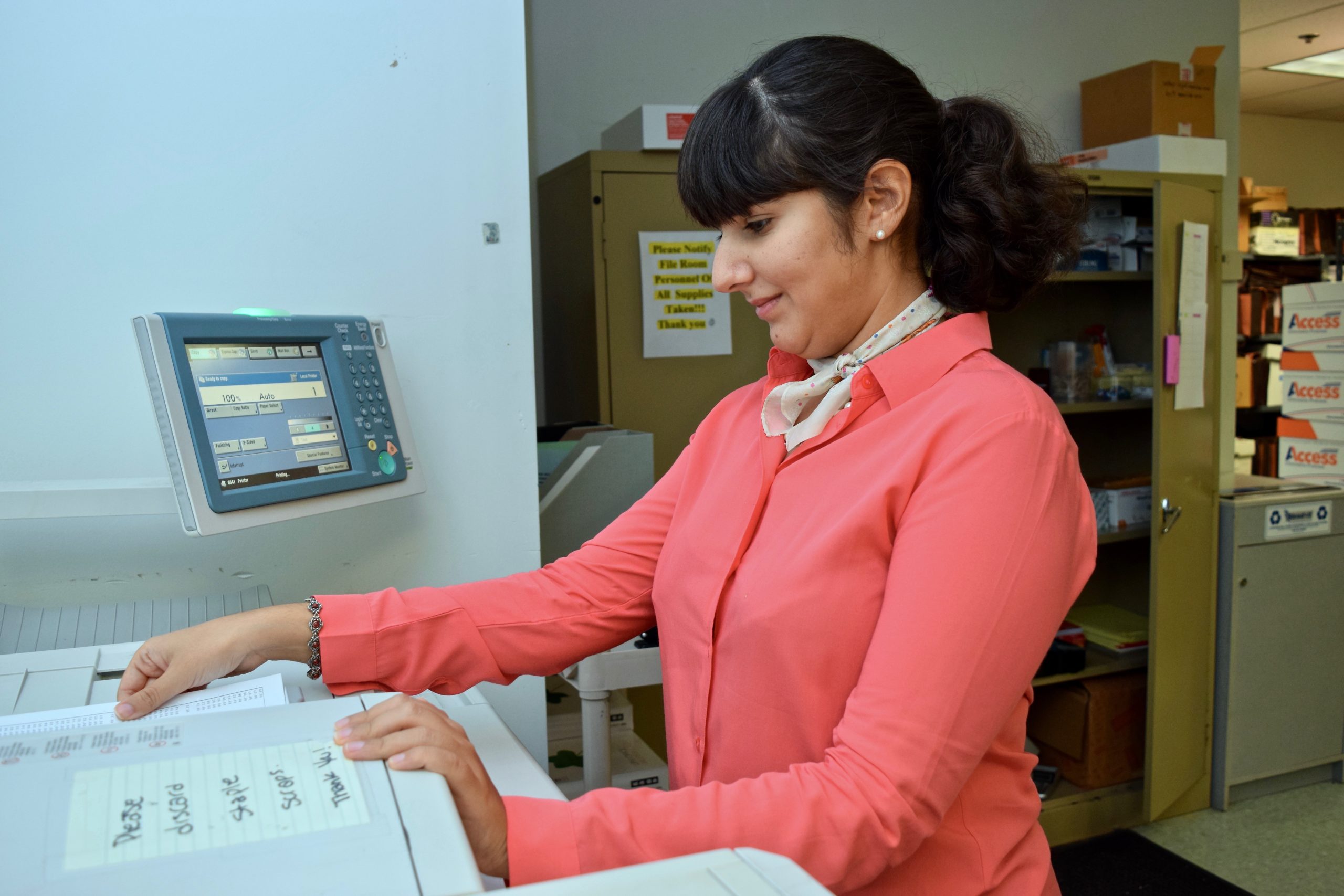
Working toward the goal of wholly independent employment involves a series of steps. The job coaches, who come from a variety of backgrounds, accompany the clients to their job sites and help them master responsibilities and acclimate to the work environment. The coach works with the employer and client to put supports into place to help them reach their employment goals. Adjusting for physical limitations, verbal ability, and other issues, together they work out what the new employee needs in the workplace to succeed in the position.
Visual prompts are frequently used in the workplace. Job coaches create step-by-step picture binders for some clients which show the individual completing their tasks. These can be used to guide them through the work day and for review when they’re done. Video modeling has also proved useful, filming both the job coach and the individual completing a task and then comparing the differences.
Devin and his team plan to begin using a new app called “Scan How,” which uses QR codes to guide individuals through custom workflows using social stories, pictures, and videos. Scanning the codes with their iPad or phone will discretely provide assistance with tasks when needed.
Once on the job, the client, employer, and coach meet periodically to discuss how things are going, what aspects of job performance need improvement, and what the employee requires to continue to succeed.
“As professionals, we won’t be on the job site forever, so it’s important to put things into place to help them be successful,” says Devin. “We help them forge relationships with employers and co-workers who can be there for them after our on-the-job role ends.”
“However, we take things on a case-to-case basis,” Devin adds. “In some cases, for individuals with significant challenges, non-verbal people, etc. we don’t fade out, we stay involved as advocates for these employees.”
But while I360 and its job coaches work closely with employers, the client – and family, when necessary – is never left out of the conversation.
“We want to include our clients in the process, and not have the job coach make decisions for them. They are their own people.”
Above all, the goal of the service is to gain competitive paid employment for clients with the same responsibilities, benefits, and opportunities as their typical-abled co-workers, says Devin.
“If they are doing the same amount and quality of work as another adult in the workplace, they should be paid the same in that competitive environment,” says Devin. “We want our adults treated the same as their co-workers: with respect, with the same opportunity for advancement, and with the ability to earn raises.”
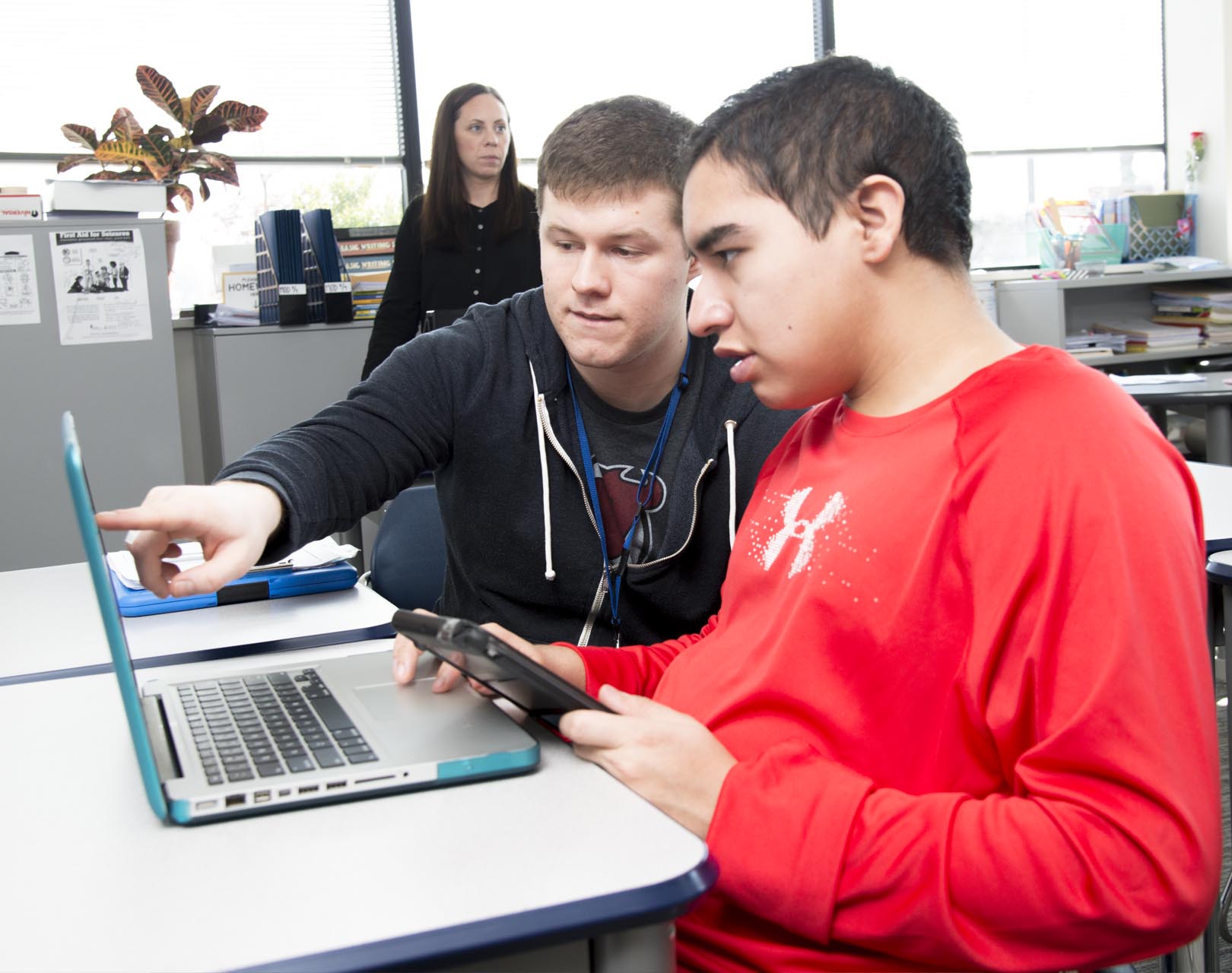
For Devin and his team, there’s no better feeling than seeing a client’s hard work pay off not just financially, but with immense personal growth.
“We had one young man who volunteered at a local pizzeria and a Jersey Mike’s Subs shop while he was in high school,” says Devin. “When he came to us after graduation from a special needs program, we helped him secure paid employment at both places. But he was very prompt-dependent and took two hours or more to complete tasks. Putting supports into place and working steadily with him, he’s now doing things more on his own. At one of the jobs, they’ve added additional tasks to his role, and have changed his job title. It’s taken about a year to get there, and it’s a thrill to see him doing so well.”
Note: At Spectrum360, career training begins well before individuals reach adulthood. Our Academy360 Lower School TREP$ program for middle school students and our Academy360 Upper School Community Based Work Experience (CBWE) program for high school students and young adults focus on helping students prepare for success in the workplace.
Lisa Crouch is the Assistant to the Public Information Officer. Prior to working at Spectrum360, she worked at Yahoo, MSN, The Bergen Record, and other media outlets. She has a BA in English Literature from Columbia University. In her off time, Lisa is a digital artist and writer.
is the Assistant to the Public Information Officer. Prior to working at Spectrum360, she worked at Yahoo, MSN, The Bergen Record, and other media outlets. She has a BA in English Literature from Columbia University. In her off time, Lisa is a digital artist and writer.

